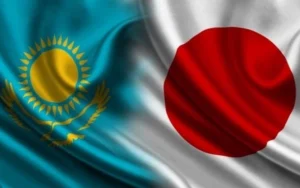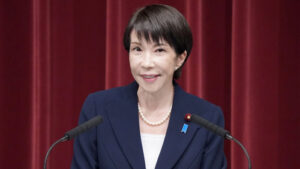Hope, hard reality mix in Japanese town wrecked by disaster

Hope, hard reality mix in Japanese town wrecked by disaster.
FUTABA, TGO: Yasushi Hosozawa returned on the first day possible after a small section of his hometown, Futaba, reopened in January — 11 years after the nuclear meltdown at the nearby Fukushima Daiichi plant.It has not been easy.
Futaba, which hosts part of the plant, saw the evacuation of all 7,000 residents because of radiation after the March 11, 2011, quake and subsequent tsunami that left more than 18,000 people dead or missing along Japan’s northeastern coast.
Only seven have permanently returned to live in the town.
“Futaba is my home … I’ve wanted to come back since the disaster happened. It was always in my mind,” Hosozawa, 77, said during an interview with The Associated Press at his house, which is built above a shed filled with handcrafted fishing equipment. An abandoned ramen shop sits next door, and so many houses and buildings around him have been demolished, the neighborhood looks barren.
A retired plumber, Hosozawa had to relocate three times over the past decade. Returning to Futaba was his dream, and he patiently waited while other towns reopened earlier.
To his disappointment, the water supply was not reconnected the day he returned. He had to fill plastic containers with water from a friend’s house in a nearby town.
The town has no clinics, convenience stores or other commercial services for daily necessities. He has to leave Futaba to get groceries or to see his doctor for his diabetes medicine.
On a typical day, he makes a breakfast of rice, miso soup and natto. In the late morning, he drives about 10 minutes to Namie, a town just north of Futaba, to buy a packed lunch and to shop.
He takes a walk in the afternoon, but “I don’t see a soul except for patrolling police.” He drops by the train station once in a while to chat with town officials. After some evening sake at home, he goes to bed early while listening to old-fashioned Japanese “enka” songs.
He looks forward to the spring fishing season and likes to grow vegetables in his garden.
But Hosozawa wonders if this is the best way to spend his final years. “I won’t live much longer, and if I have three to four more years, I’d rather not be in a Futaba like this,” he says. “Coming back might have been a mistake.”
“Who would want to return to a town without a school or a doctor? I don’t think young people with children will want to come,” he said.


